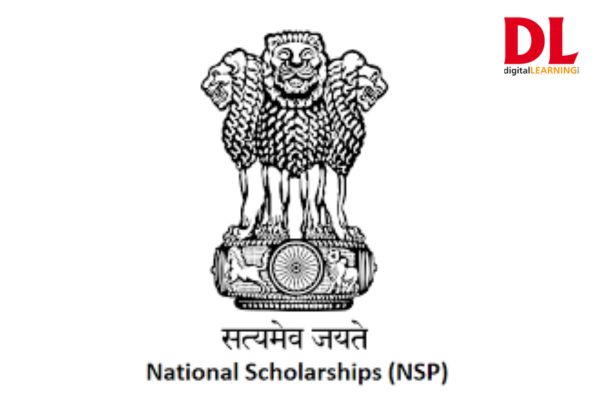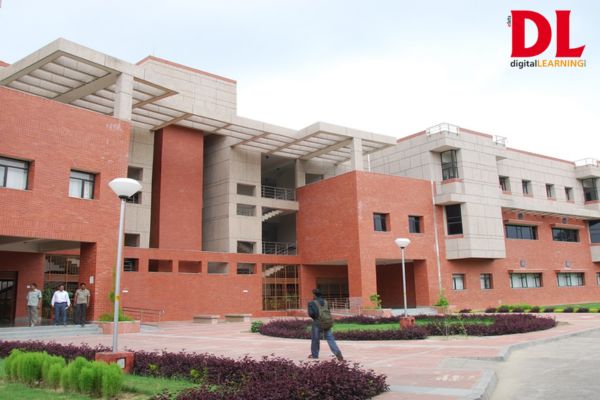According to the World Economic Forum (WEF), by 2025, over 50% of employees worldwide will need reskilling to stay relevant. In India, this challenge is amplified by the country’s significant demographic dividend—over 65% of the population is under 35. While this youthful population offers a considerable advantage, it also places immense pressure on the education system to equip this workforce with relevant skills. The India Skills Report 2023 reveals that only 48.7% of Indian graduates are employable, slightly improving from 46.2% in 2022. This data highlights the urgent need for an education system prioritising practical, industry-aligned skills over theoretical knowledge.
The demand for industry-ready graduates has never been more pressing as the job market rapidly evolves due to technological advancements and global economic shifts. The Indian government’s strong focus on skill development underscores its commitment to ensuring that the nation’s youth are educated and employable, making skill development in India crucial for bridging the gap between education and employment.
Government Initiatives for Skill Development in India
The Union Budget 2024-25 outlines a strategic plan to achieve ‘Viksit Bharat,’ focusing on nine key priorities, including skill development and employment. Recognising the importance of skilling in nation-building, the budget emphasises equipping India’s young workforce—65% under 35—with industry-relevant skills to boost innovation and productivity.
Key initiatives include a new scheme to skill 20 lakh youth over five years and upgrade 1,000 Industrial Training Institutes (ITIs). The revised Model Skill Loan Scheme will offer loans up to ₹7.5 lakh, benefiting 25,000 students annually, while additional support is provided for higher education loans up to ₹10 lakh. Ongoing programs like Pradhan Mantri Kaushal Vikas Yojana (PMKVY) and the National Policy on Skill Development & Entrepreneurship (NPSDE) continue to focus on vocational training, apprenticeships, and entrepreneurship.
To boost employment, the government introduced three Employment-Linked Incentive Schemes targeting 4.1 crore youth over five years, offering incentives for job creation and support for both employees and employers. Additionally, a new internship scheme will provide opportunities for one crore youth in 500 top companies.
The budget also addresses women’s workforce participation through initiatives like working women hostels, crèches, and women-specific skilling programs. Overall, the budget aims to prepare India’s youth for a global economy, maximising the nation’s demographic dividend and laying a foundation for sustainable growth.
Recognising the importance of bridging the education-employment gap, the Indian government has launched several initiatives to enhance skill development nationwide. The Pradhan Mantri Kaushal Vikas Yojana (PMKVY) is a flagship program to skill 10 million youth by 2025. This program provides industry-relevant training, preparing candidates for specific job roles. By June 2024, the program had already trained over 8.5 million individuals, with a reported placement rate of 55%.
Another significant initiative is the Skill India Mission, launched in 2015. This mission aims to train over 400 million people by 2025. It has led to the establishment of numerous skill development centres nationwide, offering training in sectors such as information technology, healthcare, and manufacturing.
Collaboration Between Government and Industry
Public-private partnerships (PPP) have been instrumental in making skill development initiatives more effective in India. For example, Tata Consultancy Services (TCS) has partnered with over 1,500 educational institutions to provide vocational training in digital literacy and soft skills. Additionally, the National Skill Development Corporation (NSDC) has collaborated with industry giants such as Samsung and IBM to launch specialised training programs in high-demand fields like artificial intelligence (AI) and machine learning (ML).
One notable initiative is Tata STRIVE, which has trained over 500,000 youth in various vocational skills. The success of Tata STRIVE is evident in its employment rates, with over 70% of graduates securing jobs within six months of completing their training.
The Role of Higher Education Institutions in Skill Development
Higher education institutions in India increasingly recognise the need to integrate skill development into their curricula. Leading universities such as the Indian Institutes of Technology (IITs) and the Indian Institutes of Management (IIMs) have introduced entrepreneurship, digital skills, and industry-specific training courses. The All India Council for Technical Education (AICTE) has also mandated internships for engineering students, ensuring they gain hands-on experience before entering the job market.
In Tamil Nadu, Anna University has partnered with Siemens to establish the Siemens Center of Excellence, which provides students with training in advanced manufacturing and automation technologies. This partnership has led to an 85% increase in the employability of university graduates, showcasing the impact of industry collaboration in enhancing education outcomes.
The Impact of Digital Learning Platforms on Skill Development
The rise of digital learning platforms has further democratised access to skill development in India. Platforms such as Coursera, UpGrad, and Byju have enabled students nationwide to access high-quality education and training in various fields. In 2023 alone, Coursera reported a 40% increase in enrollments from India, with popular courses including data science, business analytics, and AI.
Moreover, the National Digital Literacy Mission (NDLM), launched in 2021, aims to make at least one person in every Indian household digitally literate by 2026. The mission has already reached over 20 million individuals, equipping them with the skills to thrive in a digital economy.
Also Read: Education Ministry Highlights OTR Module at Scholarship Workshop
Challenges and the Road Ahead for Skill Development in India
Despite significant progress, challenges remain in India’s skill development landscape. The education sector continues to grapple with issues such as outdated curricula, inadequate infrastructure, and a shortage of trained faculty. Additionally, the disparity in access to skill development programs between urban and rural areas remains a concern.
Addressing these challenges requires continuous collaboration between government, industry, and educational institutions. The focus should be on creating a more agile education system that can quickly adapt to the changing demands of the job market. Expanding the reach of skill development programs to rural and remote areas is also crucial to ensuring that every young Indian has the opportunity to succeed in the 21st-century job market.
The Future of Skill Development in India
India’s journey towards bridging the gap between education and employment is well underway. With a continued focus on skill development, driven by government initiatives and industry collaboration, India is poised to transform its vast young population into a highly skilled and employable workforce. This transformation will drive economic growth and contribute to the nation’s vision of becoming a global leader in innovation and technology. In conclusion, the future of India’s workforce lies in its ability to adapt, learn, and evolve—skill development is the key to unlocking this potential.

























